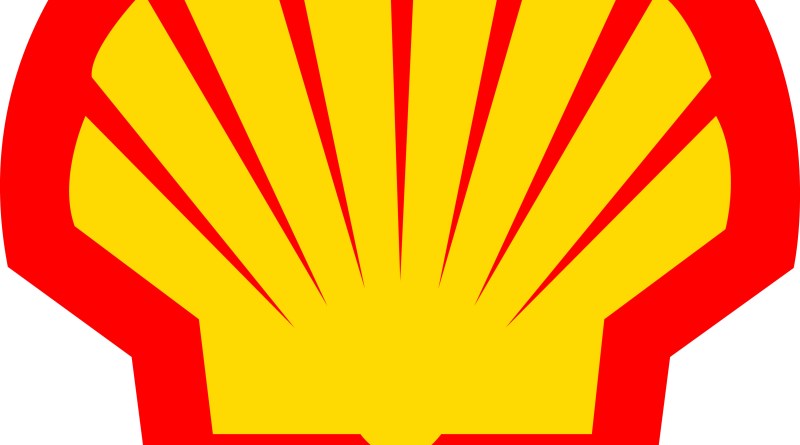For more than five years, the federal government through the relevant industry regulators has been shifting the deadline for the end of importing dirty fuels which are known for very high sulphur contents.
However, because the dirty fuels are coming with high cost of engine maintenance and faster depreciation of injector or carburetor in engines and mainly associated depletion of ozone layer, Nigerian motorists and fuel generators users are now calling for either end to dirty fuel imports or downward review of current fuel price of N145.
Rigaku Corporation had revealed that sulfur compounds in petroleum products can produce various harmful effects including air pollution, metal corrosion and catalyst degradation.
Sulfur concentration in crude oil and high-sulfur fuels is therefore monitored or controlled in refinery and production processes within the petroleum industry. But the Nigerian-case defies this model both in local production and importation.
Industry pundits had cited the lack of commitment and policy implementation culture as the reasons for Nigeria’s pitiable state, as far as dirty fuels refining and importation are concerned even at a all neighbouring countries including Ghana, had ensured strict adherence to ideal standards, the Nigerian situation had continued to generate worries.
Accordingly, some of the car owners who spoke to our correspondents in Lagos, Abuja and Owerri recalled that part of the reasons for jerking fuel prices was in anticipation of ending the importation of dirty fuels which has failed over time, hence the need for reduction in price to end further shortchanging of the dirty fuel users.
Further findings show that importers of the products, including the Nigerian National Petroleum Corporation (NNPC) may have settled for dirty fuel imports due to very low price based on awkward technology and cheapness in dirty fuel production at the detriment of Nigerians.
A Refinery and Health Study for Sub-Saharan Africa published by the World Bank indicated that a $6bn investment in African refineries to get cleaner fuels and improve environmental performance, would result in $43bn of health savings to African nations over a 10-year period.
Whereas Nigeria had assured it will begin slashing the maximum amount of sulphur in its imported fuels a year after its initial targeted deadline to do so, the same country, which is West Africa’s biggest fuel consumer, had said through the NNPC that it will cut the sulphur allowed in imported diesel to 50 parts per million (ppm,) from the current maximum of 3,000 ppm, by July 1, 2018, which is over two months ago but failed.
Again, the NNPC also said it will phase in more costly reductions to petrol sulphur level, moving to 300 ppm from 1,000 ppm by October 1 and to 150 ppm by October 1, 2019 with little or no chances for the implementation after all.
Besides, Nigeria’s four refineries at Port Harcourt, Warri and Kaduna, have continued even though at very low capacity to produce high-sulphur products to date, and will have until 2021 to meet the new sulphur levels, according to a recent presentation by NNPC’s chief operating officer of refineries and petrochemicals, Anibor Kragha.
UN Environment has been supporting the region to implement tighter standards for fuel, working on the ground with governments and regional economic bodies to initiate, harmonize and formalize higher standard across the board in Western Africa.
High-sulphur fuel is one of the main causes of lung cancer, asthma and other respiratory illnesses. According to the World Health Organisation, 3.7 million people per year die of air pollution, most of them due to particulates in traffic exhaust.









